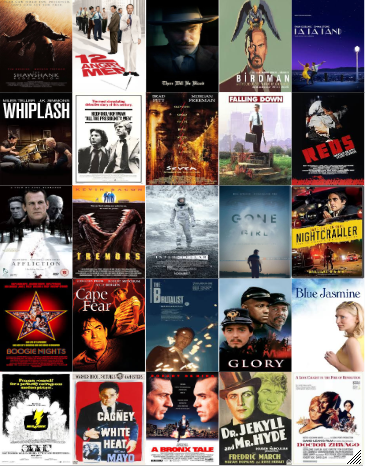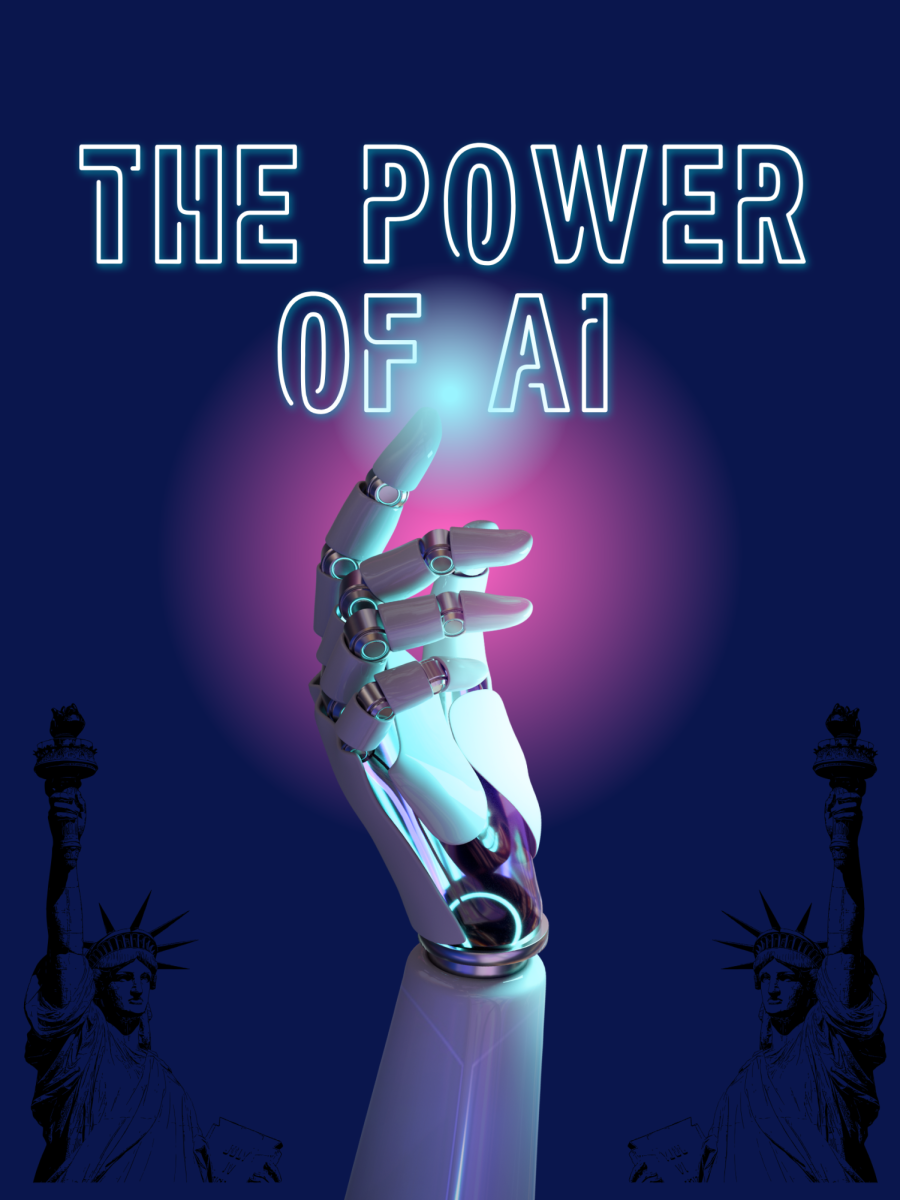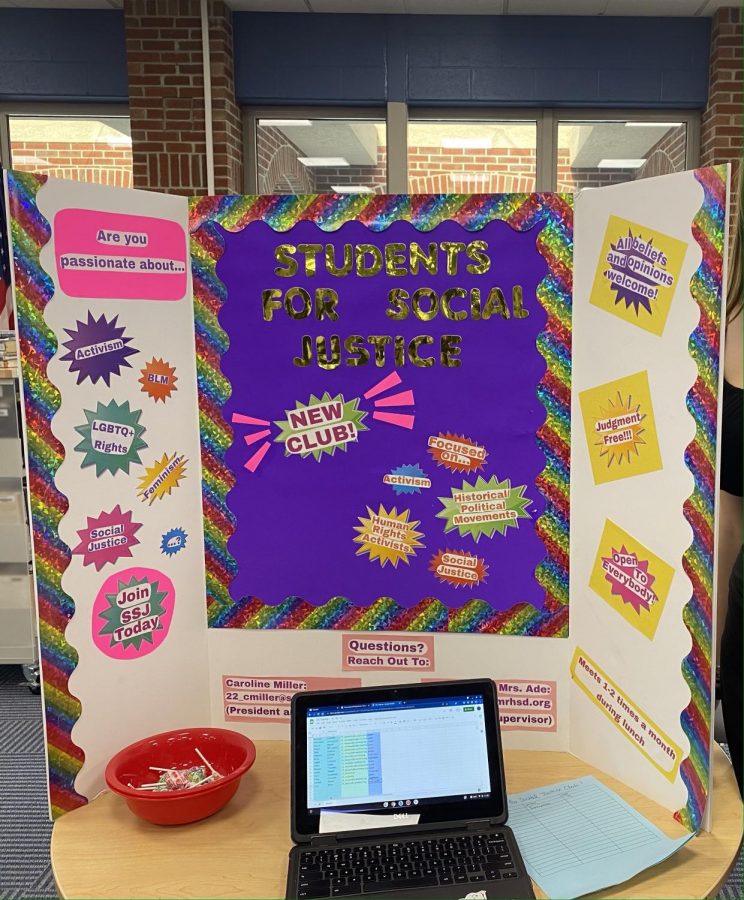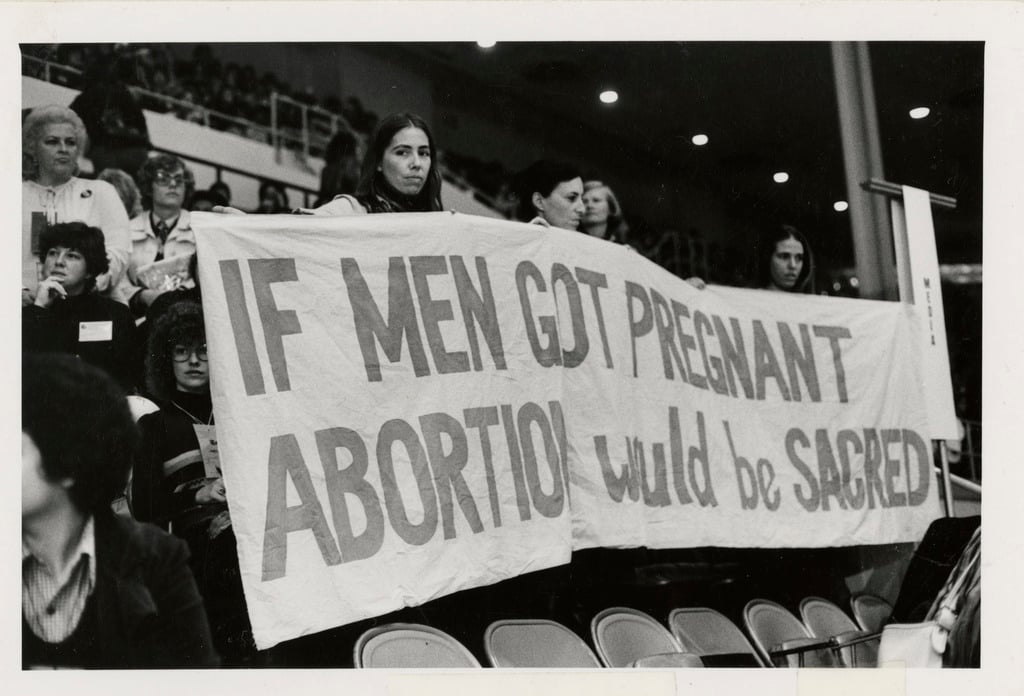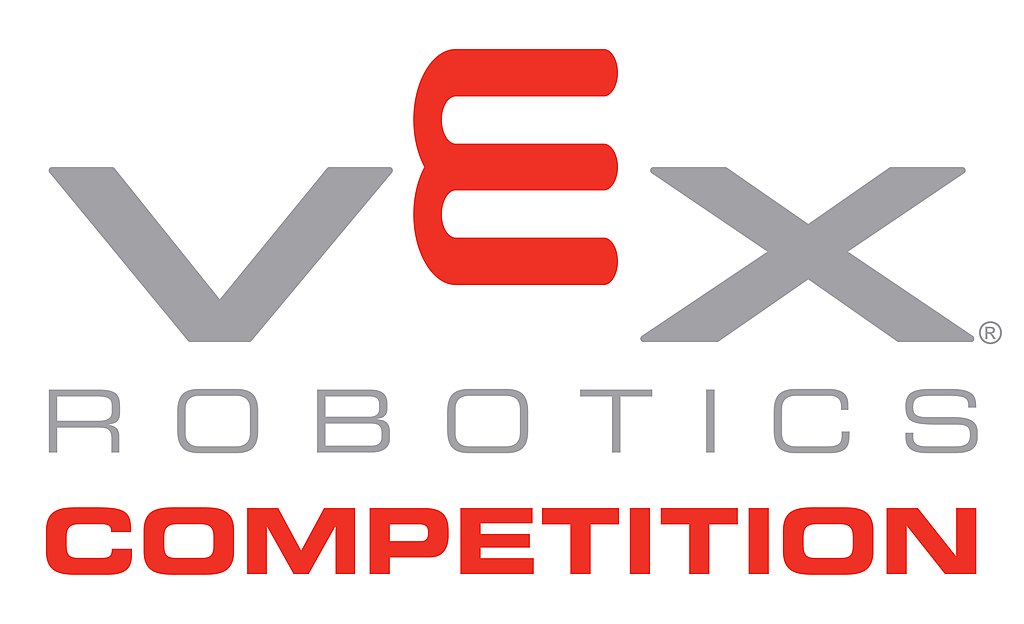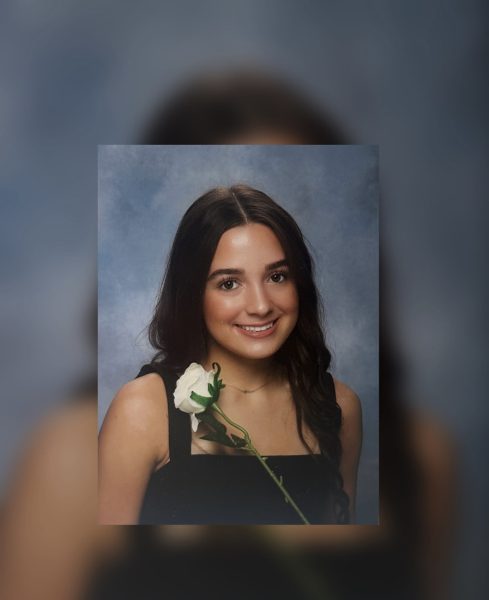Since 1993, Artificial Intelligence (AI) has been gaining popularity by being introduced to businesses, corporations, and daily life. As of 2022, Generative AI tools such as Chat GPT caused an increasing interest in AI from the general public. The use of this technology has evolved to have a pivotal impact in the 2024 U.S. presidential election between Republican Donald Trump and Democrat Kamala Harris.
AI has a significant influence on voter engagement. History teacher at WMC Mr. Hildreth states, “…both major campaigns have adopted AI in making robocalls to canvas large numbers of potential voters.” Mr. Hildreth goes on to explain that the campaigns have utilized AI to create messages that resonate with specific demographic groups. That personalized communication helps to increase the number of voters.
At the same time, AI in politics and the upcoming election introduces ethical challenges. It allows for more misinformation to spread and raises concerns about whether the information is true or not. Psychology and History/Social Sciences Teacher at WMC, Mrs. Hallett, believes in the future the use of AI in politics “…could either be a really helpful or harmful way for people to find out who aligns with their own personal beliefs.” Social media has been filled with realistic AI-generated deep fakes causing perplexed voters to not know what to believe. A deepfake of Trump and Harris sharing a passionate hug is only one of the many examples.
On August 7th, Harris and her running mate, Tim Walz, organized a rally at Detroit Wayne County Metropolitan Airport on Aug. 7, 2024. Just a few days later, former President Donald Trump falsely accused one of the images from the rally of being fabricated with the help of AI production to make the crowd appear bigger. A professor at the University of California, Berkeley, Hany Farid who specializes in deepfake detections, ultimately found no evidence that the image was AI-generated. Since this image was proven to be authentic, AI is causing issues with authenticity through accusations between the campaigns. AI is being seen to create even more disputes between candidates so that they can each gain more supporters.
There is no doubt that as AI advances, more concerns are raised about disinformation and the integrity of the electoral process and the presidential candidates. Many voters are now receiving knowledge from AI-generated content which increases the spreading of biased or false information. Trust from the public in legitimate news sources gradually decreases.
With the continuous advancements of AI, images, and videos of anything are becoming more straightforward for people to virtually create. This makes it easier for supporters to shape the image they want to show and see of their candidate. On the contrary, AI may make it easier for supporters to become increasingly distrustful of who they support because of the tendency to do whatever it takes to win.





















